What is man? Ally of God or simply his toy? His triumph or his fall?
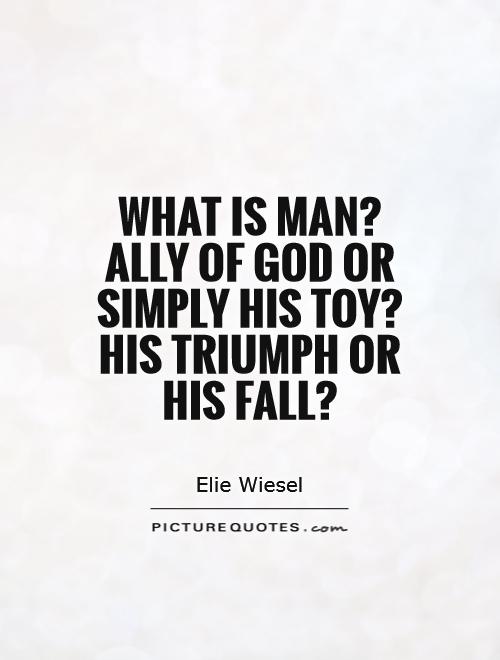
What is man? Ally of God or simply his toy? His triumph or his fall?
Elie Wiesel, a Holocaust survivor and Nobel laureate, grappled with the question of man's relationship with God throughout his life. In his writings and speeches, Wiesel often reflected on the complexities of this relationship, questioning whether man is truly an ally of God or merely a pawn in his divine plan.Wiesel's own experiences during the Holocaust undoubtedly shaped his views on this topic. As a young boy, he witnessed the horrors of the concentration camps and the unimaginable suffering of his fellow prisoners. In the face of such evil, Wiesel struggled to reconcile the existence of a loving and just God with the atrocities he witnessed.
In his seminal work, "Night," Wiesel recounts his experiences in Auschwitz and Buchenwald, describing the dehumanization and brutality he endured. Throughout the book, Wiesel grapples with the question of where God was during this time of suffering. Was God truly an ally of man, as many believe, or did he simply stand by and watch as his children were subjected to unspeakable horrors?
Wiesel's own faith was deeply shaken by his experiences in the Holocaust, and he often questioned the nature of God's relationship with man. In his later writings, Wiesel continued to explore these themes, delving into the complexities of faith, suffering, and redemption.
Ultimately, Wiesel's work suggests that the relationship between man and God is a complex and multifaceted one. While man may sometimes feel like a mere toy in the hands of a capricious deity, Wiesel also believed in the power of human agency and the potential for redemption and triumph in the face of adversity.
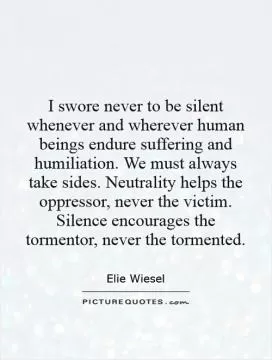
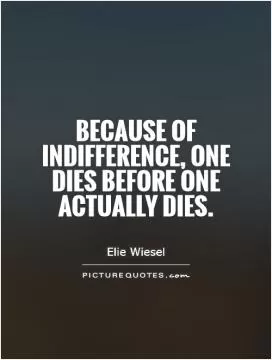

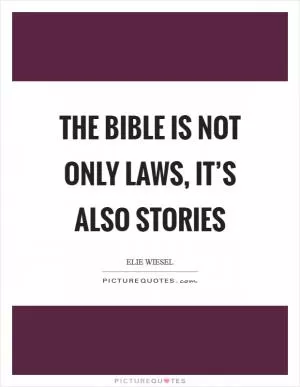
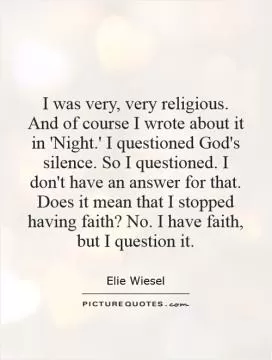
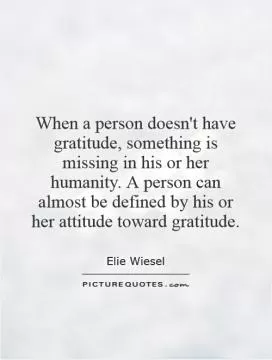
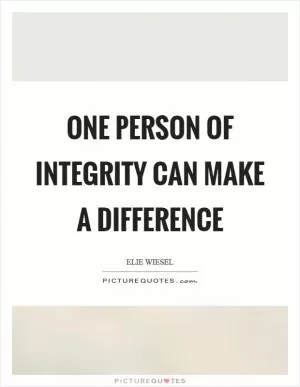

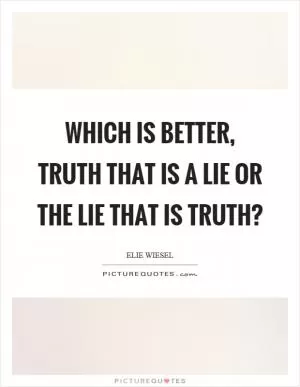
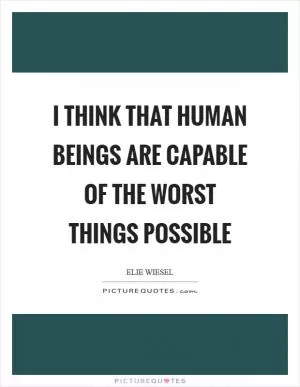

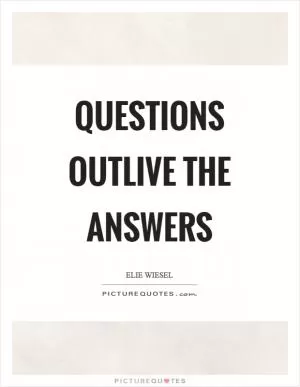
 Friendship Quotes
Friendship Quotes Love Quotes
Love Quotes Life Quotes
Life Quotes Funny Quotes
Funny Quotes Motivational Quotes
Motivational Quotes Inspirational Quotes
Inspirational Quotes